Developing your assertiveness
- Problem: how can you communicate your point of view and needs while respecting other peoples opinions and boundaries?
- Uses: standing up for yourself without coming across as arrogant or aggressive contributes to effective, healthy communication at work.
- Professional context: professional relationships, personal development, social psychology, management, conflict resolution.
- FAQs:
- What is assertiveness?
- In what situations can assertiveness help me?
- How can I be assertive without coming across as aggressive or arrogant?
- What is the difference between assertiveness and selfishness?
- How can I change my behaviour to become more assertive?
- What impact can assertiveness have on my professional life?
In both our professional and personal lives, we are often bombarded with requests and demands that are overly persistent or that seem unreasonable to us. However, all too often we do not dare to say no, either because we are afraid of disappointing the other person or because we want to avoid conflict, even though the situation leaves us feeling frustrated, upset or angry. Understandably, many of us want to learn how to avoid these kinds of situations, how to avoid simply going along with what other people ask of us, how to assert ourselves without causing conflict or disappointment, and how to stand up for ourselves without hurting other people.
There is only one solution: assertiveness. Assertiveness is often confused with arrogance or aggression, but there is a big difference between these attitudes. While the aim of aggression is to hurt other people and arrogance implies a degree of contempt for others, assertiveness is about respecting yourself and those around you. However, the boundary between these different attitudes is sometimes blurred, and it is easy to come across as threatening rather than considerate. This means that effective communication is vital, and in order to achieve this you need to be self-aware and in tune with your own needs and values.
If you struggle to put forward an argument, say no or speak up in meetings, either when dealing with your colleagues or when talking to your manager, this guide is for you. In 50 minutes, you will discover a series of key steps, tips and exercises that will enable you to develop your assertiveness.
Developing your assertiveness: the basics
What is assertiveness?
Assertiveness refers to our capacity to express ourselves and defend our rights and opinions while also respecting the rights and opinions of others. Behaving assertively means stating our needs, emotions, boundaries and beliefs clearly, confidently and honestly, without hurting the other person.
Unfortunately, even though the aim of assertiveness is to guarantee mutual respect and avoid harming others, miscommunications and misunderstandings mean that it is often taken for aggression or arrogance. The table below illustrates different kinds of behaviour in a professional setting in order to give you a better understanding of this concept:
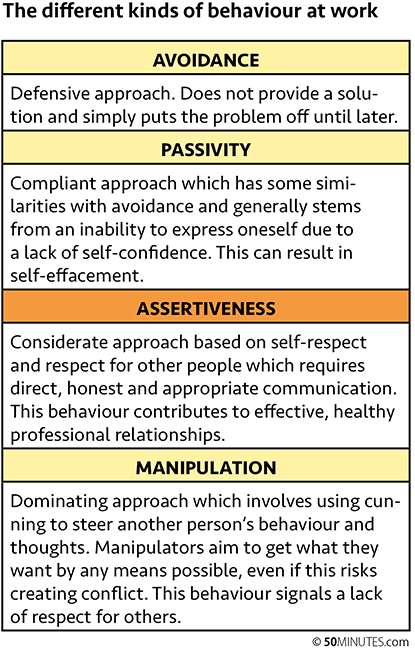
.jpg)
How can assertiveness help you at work?
Assertiveness plays an important role in professional relationships and in management:
- your professional relationships will improve and become healthier thanks to the clear, honest expression of both parties needs;
- you will develop your interpersonal intelligence, meaning your ability to adapt how you communicate based on the situation and the person you are talking to;
- you will make your colleagues feel more comfortable and at ease;
- you will be more likely to get results from negotiations and secure deals;
- you will be less stressed and your risk of burnout will be lower, because you will be able to politely say no to your colleagues when you have too much to do;
- your confidence and your teams trust in you will increase when you engage with your responsibilities and take firmer stances;
- you will learn how to deliver constructive criticism with the aim of changing other peoples actions and behaviour in order to reach your objectives;
- you will remain honest with yourself and respect your needs and the needs of other people, which will allow you to avoid power plays and manipulation;
- finally, your overall wellbeing will improve.
BENEFITS FOR THE ENTIRE COMPANY
If just one or two people develop this positive behaviour, the overall atmosphere in the company will improve. Exchanges between departments and meetings will become more efficient because communication will be more effective. Objectives will be more precisely defined and each persons role and contribution will be more clearly identified, which may in turn reduce sources of conflict. However, the opposite is equally true: treating your colleagues poorly will encourage them to behave in the same way. Think about your own wellbeing and the wellbeing of your team, and act accordingly.
How can you find the courage to express yourself?
The first step in gaining the courage to express yourself is to understand yourself, respect your feelings and needs, gain control of your emotions and be clear about your expectations, while minimising any unpleasantness for the other person. This may seem complicated, so we have put together the diagram below to make things easier for you.
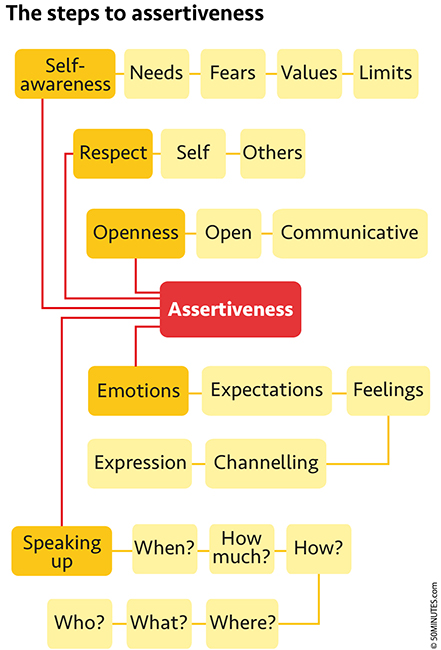
Self-awareness
The first step towards assertiveness is to understand and accept your needs, fears, values and limits. To identify these, ask yourself: What do I need? What is important to me? What drives me? What am I afraid of? Why does this situation bother me? How does this situation make me feel? What are my limits? These questions will allow you to identify what is and is not essential for you. Asserting yourself and arguing over every subject will get you nowhere, so focus on the things that really matter to you.
Three kinds of limits
There are different kind of limits. Specifically, limits can be linked to:
- What is possible and impossible. This involves distinguishing between what is genuinely feasible and what is not. For example, sending an email will be impossible if you have no internet connection.
- Rules and norms. This involves actions and behaviours which do not respect the rules. These rules can be formally written down as regulations or laws, or can be linked to manners and etiquette. For example, smoking during a meeting would be frowned upon.
- Your values, beliefs and needs. These limits emerge when you feel frustrated, uncomfortable or angry at the things you are being asked to do, because they are not in line with your values and beliefs, or because they prevent you from fulfilling your own needs. These kinds of limits are generally the ones standing in the way of developing your assertiveness. Imagine that your colleague asks you to alter a figure in an accounting document to cover up a mistake they have made: not only is this against the rules, but it also goes against one of your values, honesty. Another situation could be that your boss asks you to work late to finalise a report, but you have been invited out for a meal for your friends birthday. This bothers you because you need to be free tonight.



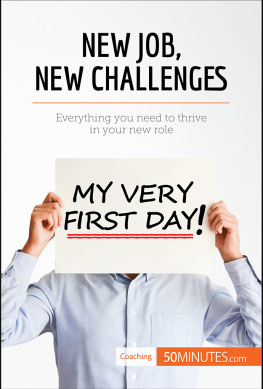



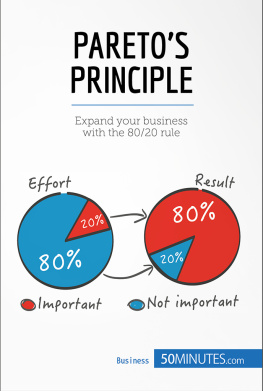
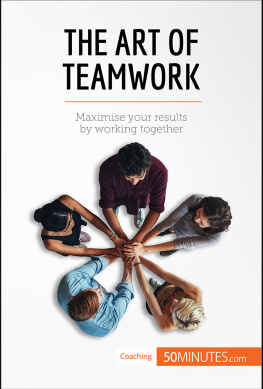





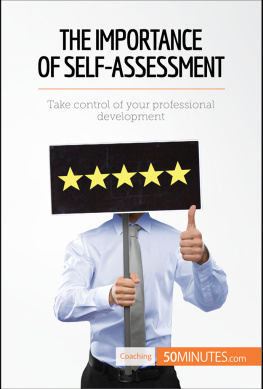
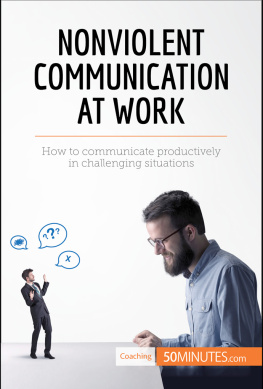




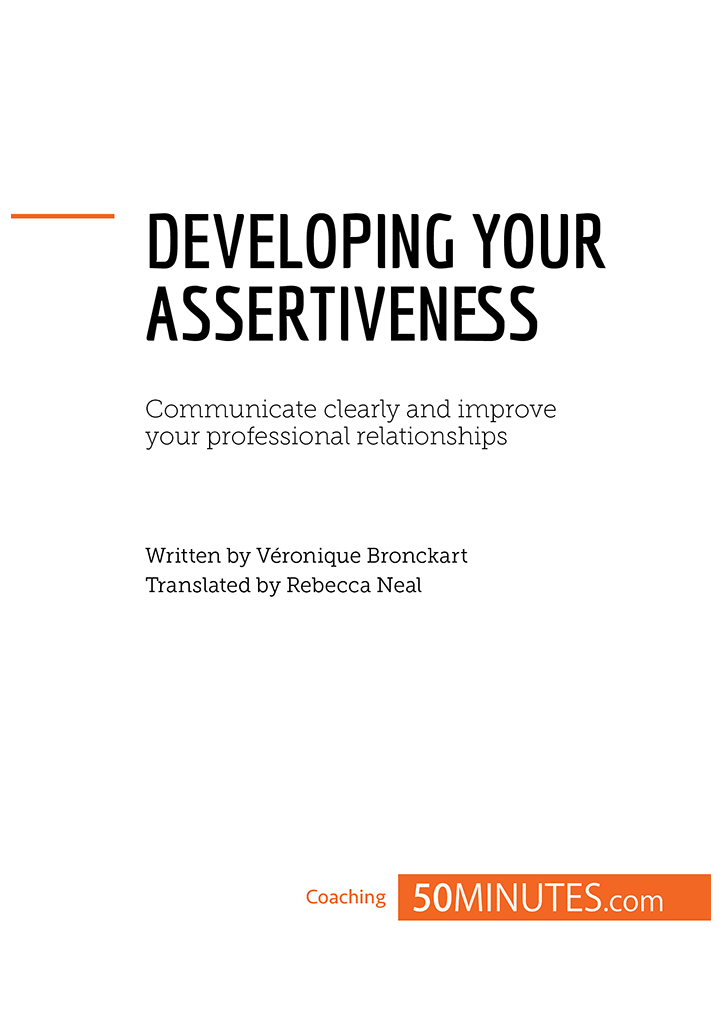


.jpg)
